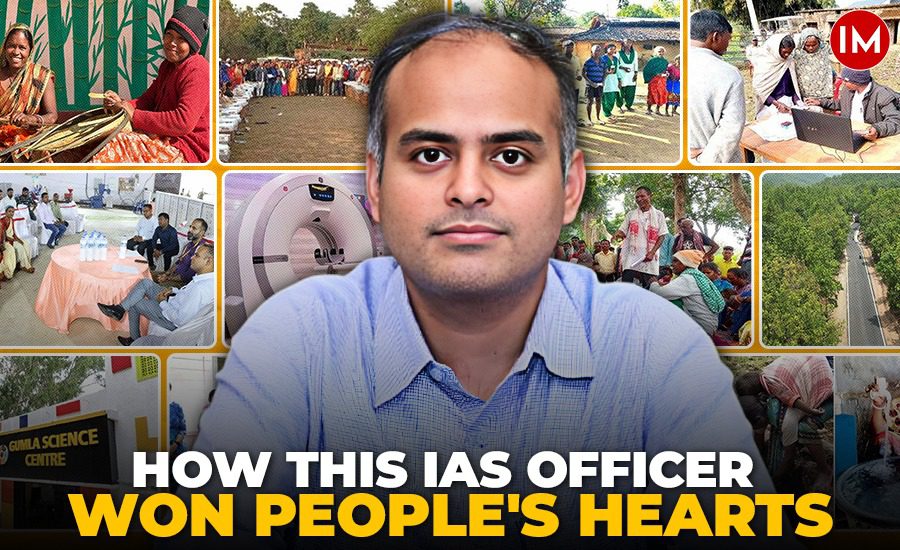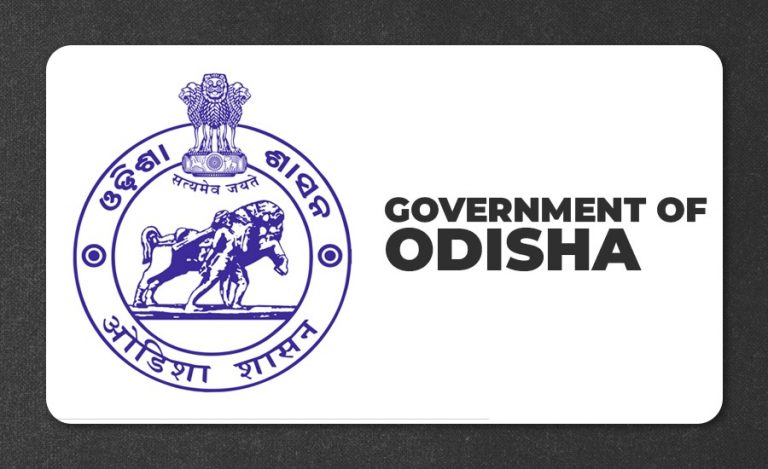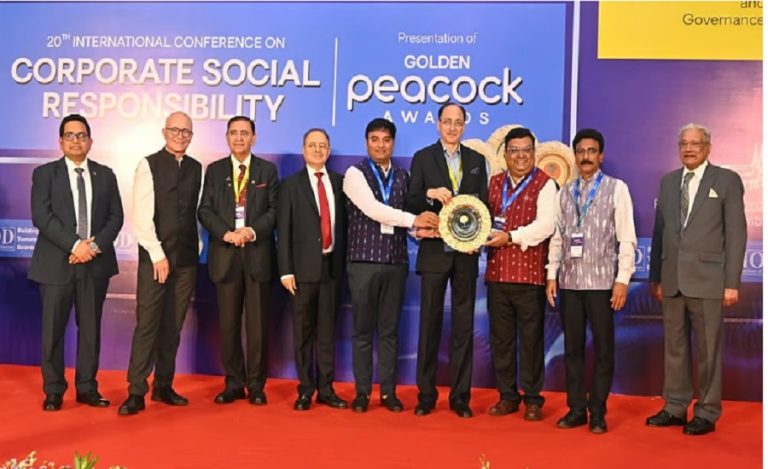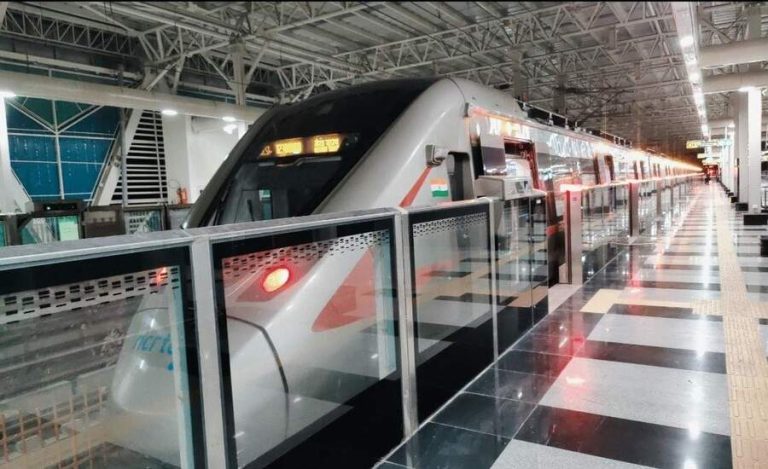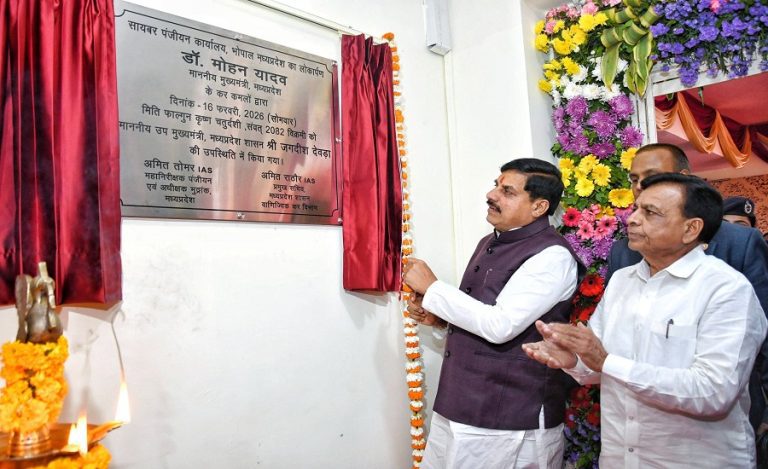In India’s remote districts, where development lags and public trust in governance is fragile, IAS officer Karn Satyarthi (2016 batch, Jharkhand cadre) has demonstrated how ground-level innovation and empathy can drive change. As Deputy Commissioner of Gumla, Jharkhand, from 2023, Mr Satyarthi’s work earned him the Prime Minister’s Excellence Award, showcasing a model of inclusive governance that other backward districts can emulate. Now serving in East Singhbhum, his journey in Gumla offers lessons in addressing systemic challenges with practical solutions.
Watch his interview with Indian Masterminds to know more about his work in detail.
IAS Karn Satyarthi’s approach began with understanding Gumla’s unique needs. During his initial four-month tenure as Deputy Development Commissioner in 2020, he visited nearly 50 villages during COVID vaccination drives, identifying gaps in connectivity, electricity, and livelihoods. Returning as Deputy Commissioner, he adopted a “reverse saturation” strategy, prioritising the most marginalised communities, like Particularly Vulnerable Tribal Groups, for government schemes such as health cards and certificates. This ensured benefits reached those most in need, challenging the complacency of achieving 90% coverage while neglecting the remaining 10%.
Technology played a key role in Mr Satyarthi’s initiatives. The Gram Sampatti app, a digital register tracking government assets like buildings and roads, improved accountability by documenting construction details and delays. QR codes on buildings allowed citizens to access information and file complaints, fostering transparency in a district with lower literacy rates. The app’s success led to its replication in three other Jharkhand districts, proving its scalability.
Education and skill-building were central to Mr Satyarthi’s vision. The Robo Jatra initiative saw government school students outshine private school peers in building drones, highlighting their talent when given exposure. Reviving the Gumla Science Centre through a public-private partnership model not only sparked scientific interest but also inspired similar projects in Dantewada. The Gift of Education programme paired officers with schools, boosting board exam performance, while Ujjna Bijna Abhiyan empowered rural women’s self-help groups, generating ₹52 crore in turnover by addressing gaps in training and market linkages.
IAS Karn Satyarthi’s work in Left-Wing Extremism-affected areas focused on delivering basic amenities like roads and telecom, bridging the gap between remote communities and mainstream development. His leadership style, shaped by these experiences, emphasises ground realities over bureaucratic data, advocating for direct engagement with beneficiaries to assess scheme effectiveness.
Reflecting on Gumla, Mr Satyarthi credits rural communities, particularly women, for their entrepreneurial spirit, noting their ability to take risks despite limited resources. His transfer to East Singhbhum was bittersweet, but he remains connected with Gumla’s people, aiming to replicate successful practices like women-led livelihood programmes.
IAS officer Karn Satyarthi’s tenure in Gumla shows that transformative governance requires listening to communities, leveraging technology, and empowering local talent. His initiatives offer a blueprint for India’s backward districts, proving that sustainable change is possible when driven by empathy and innovation.

